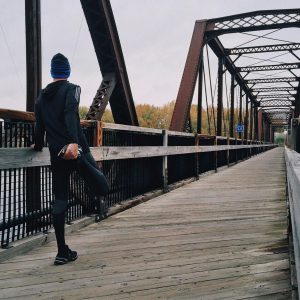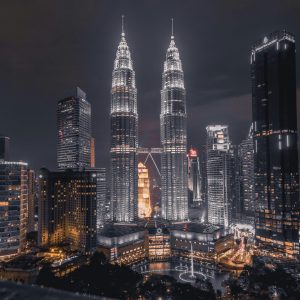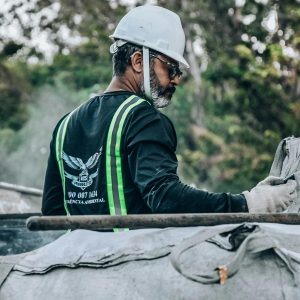Ban on BBC documentary about Premier Modi triggers controversy in India
ANKARA (AA) – The ban imposed on the screening of a BBC documentary about Indian Prime Minister Narendra Modi has triggered a controversy in the South Asian nation.
On Wednesday, another university in the national capital New Delhi warned students against screening the documentary without “permission.”
A student group at Delhi’s Jamia Millia Islamia University had said the documentary would be screened on Wednesday evening at the varsity.
A statement by the Jamia Millia Islamia University said “no meeting/gathering of students or screening of any film shall be allowed on the campus without the permission of the competent authority.”
“The university is taking all possible measures to prevent people/organizations having vested interest to destroy the peaceful academic atmosphere of the university,” the statement said.
Local media reported that several students were detained by police on Wednesday and classes were suspended at Jamia Millia Islamia University.
The announcement by the Jamia authorities came after Jawaharlal Nehru University in New Delhi warned its student’s union against the screening of the BBC documentary on the varsity campus.
The student union, however, went ahead with the screening. Though the administration cut off power and internet on campus on Tuesday night before the screening, the students watched the documentary on mobile phones, according to local broadcaster NDTV.
The first episode of the two-part series was aired in the UK last week. The second part was released on Tuesday.
About the first part, the BBC said the episode tracks Narendra Modi’s first steps into politics, including his association with the right-wing Hindu organization Rashtriya Swayamsevak Sangh, “his rise through the ranks of the Bharatiya Janata Party, and his appointment as chief minister of the state of Gujarat, where his response to a series of riots in 2002 remains a source of controversy.”
During the 2002 riots, close to 2000 people were killed, mostly Muslims. Modi was Gujarat’s chief minister from 2001 to 2014. The riots started after Muslims were blamed for burning a train which left 59 Hindus dead.
According to the broadcaster, the second episode – of approximately 60 minutes – examines the track record of Prime Minister Narendra Modi’s government following his re-election in 2019.
Reactions
While the Indian government ordered the blocking of social media content related to the documentary, opposition party leaders criticized the government for “imposing censorship.”
“Sorry, Haven’t been elected to represent the world’s largest democracy to accept censorship,” said Trinamool Congress party parliamentarian Mahua Moitra who shared links to the BBC documentary on her Twitter profile.
A senior leader of the main opposition Indian National Congress party Jairam Ramesh, said: “Censorship has been imposed.”







